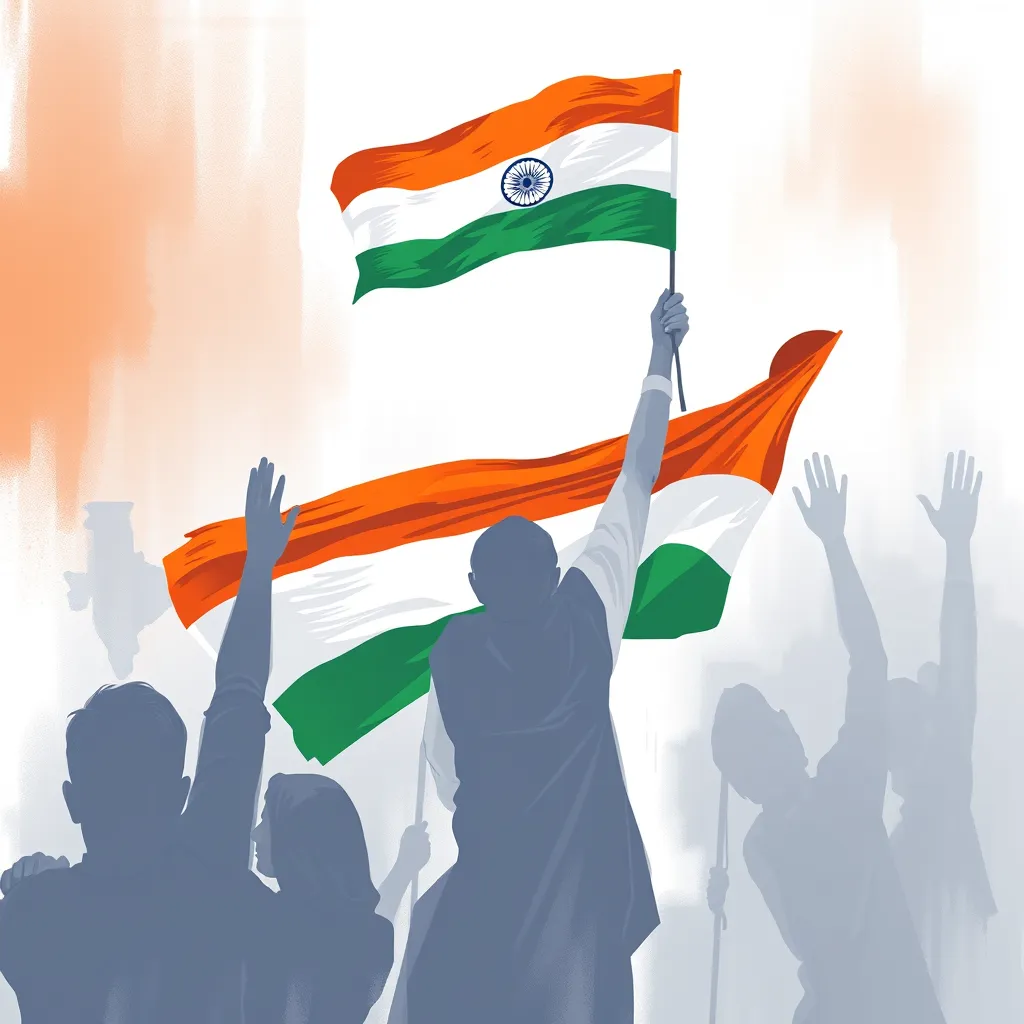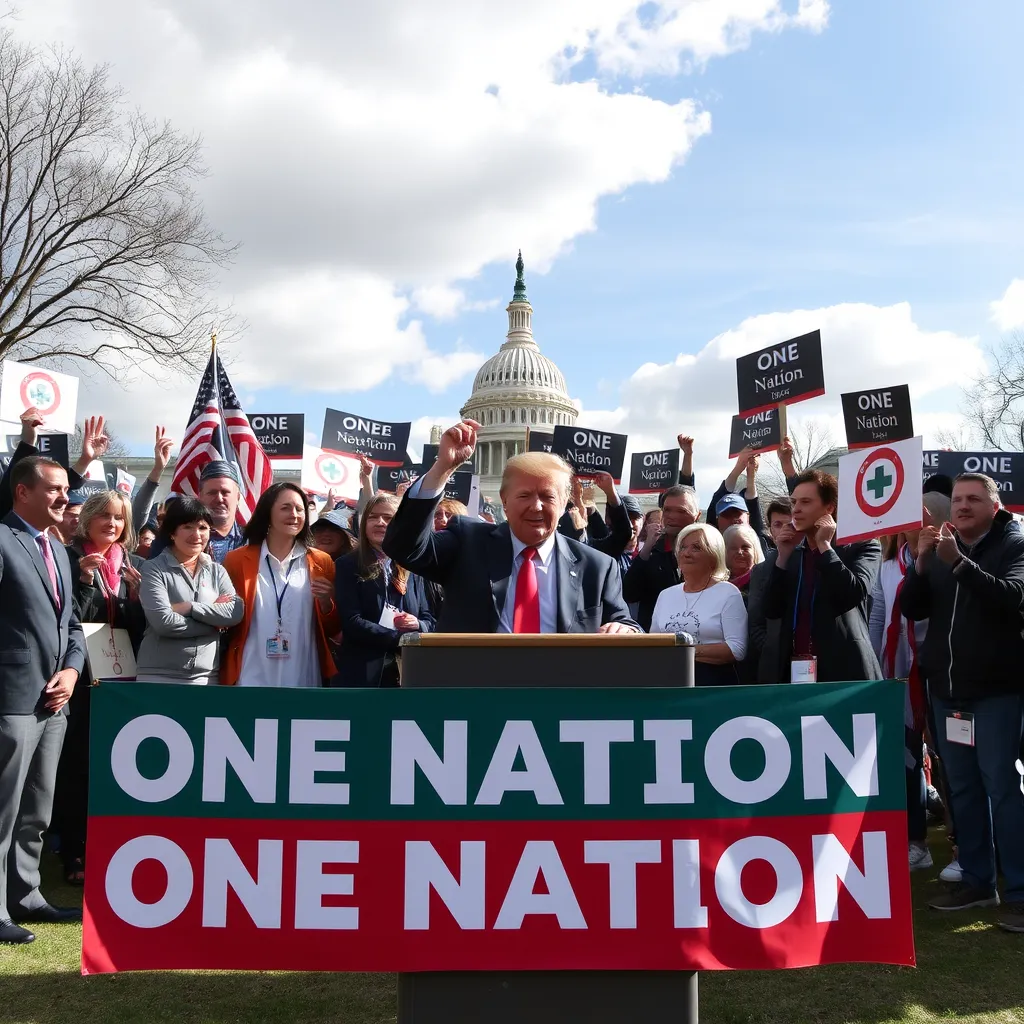
Table of Contents
One Nation One Election: A Game Changer?
The Indian Parliament recently introduced two bills aimed at amending the Constitution, which would allow for the simultaneous holding of federal and state elections. This move is a key component of the ruling Bharatiya Janata Party’s (BJP) “One Nation One Election” (ONOP) push, a concept that has been debated for years. The bills were passed in the Lok Sabha with a simple majority, where 269 Members of Parliament (MPs) voted in favor, and 198 MPs opposed. While the bills’ passage indicates some degree of political consensus, critics argue that the government lacks broader support, making the future of this proposal uncertain.
Understanding the ‘One Nation One Election’ Proposal
At its core, the ‘One Nation One Election’ proposal suggests that all elections for the Lok Sabha (the lower house of India’s Parliament) and state legislative assemblies would be held simultaneously. This means that citizens across the country would cast their votes to elect both their central and state representatives in the same year. This long-pending electoral reform aims to streamline the electoral process and create a more efficient, cost-effective system.
Currently, elections are staggered, with Lok Sabha elections held every five years and state assembly elections occurring at different intervals. This staggered approach not only leads to frequent electoral exercises but also incurs a substantial cost to the state exchequer. In addition, political campaigns for various elections at different times often disrupt governance, leaving elected officials more focused on electioneering than governing.
The ONOp proposal has its roots in the idea that by holding simultaneous elections, India would be able to save resources, reduce electoral fatigue, and ensure better governance. While the BJP has advocated for this reform, calling it an overdue change, it has generated intense debate within the political landscape.
Critics of the ‘One Nation One Election’ Bill: A Threat to India’s Federal Structure?
Opposition parties and constitutional experts have raised strong objections to the ONOp proposal, arguing that it would undermine India’s federal structure and pose significant challenges to democratic principles. They believe that implementing simultaneous elections could lead to a concentration of power in the central government, thereby weakening the role of state governments.
Trinamool Congress (TMC) leader and Bengal Chief Minister Mamata Banerjee has been one of the most vocal critics of the ONOE proposal. She referred to the bill as an attempt to “subvert the basic structure of the Constitution” and labeled it an “anti-federal” exercise. Banerjee argued that the proposal would be a step toward authoritarianism and could erode the autonomy of state governments. According to her, such a system would push state issues into the background, overshadowed by national-level concerns, ultimately diminishing the relevance of regional governance.
Banerjee’s concerns are echoed by other political figures who argue that India’s democracy is rooted in its diverse federal structure, where states have significant autonomy to address regional issues. A synchronized election process could diminish the scope for states to focus on their unique needs and concerns. For instance, if the national election agenda overshadows a regional matter in a particular state, it might result in skewed governance and an imbalance in addressing local issues.
Additionally, financial experts have raised concerns about the costs involved in conducting simultaneous elections. Legal experts have pointed out that the implementation of this proposal would require significant constitutional amendments to ensure its feasibility. Critics also argue that the Election Commission would have to spend an estimated Rs 10,000 crore every 15 years on the procurement of new Electronic Voting Machines (EVMs) to accommodate simultaneous elections.
BJP Allies Support The Bill One Nation One Election
Despite the vocal opposition, some BJP allies have supported the ‘One Nation One Election’ bill. For example, the ruling Telugu Desam Party (TDP) in Andhra Pradesh expressed its unwavering support for the proposal. The TDP emphasized that simultaneous elections would provide greater clarity and streamline governance, making it easier for citizens to focus on a single election cycle instead of multiple ones. The party also highlighted the advantages of having synchronized elections, such as the possibility of stable, uninterrupted governance over the long term.
The Sena faction of Maharashtra’s Deputy Chief Minister Eknath Shinde also expressed support for the ONOp proposal, aligning with the BJP’s argument that simultaneous elections could bring more clarity and reduce the financial burden on both the government and the electoral system. Supporters of the bill argue that a synchronized electoral process would lead to fewer election-related disruptions, lower costs for electoral logistics, and a more focused political campaign that addresses the nation’s pressing issues in one go.
Proponents of the bill argue that India’s political system would benefit from an overhaul of the election cycle. They claim that it would provide long-term governance stability, as the country would no longer be subject to periodic elections that disrupt the decision-making process. Furthermore, advocates believe that a unified election cycle would improve voter turnout, as citizens would only need to focus on a single round of voting, increasing engagement and participation in the democratic process.
The Pros and Cons of One Nation One Election
As the debate surrounding the ‘One Nation, One Election’ proposal continues, it’s important to weigh the potential benefits against the challenges.
Pros:
- Cost Savings: The primary advantage of holding simultaneous elections is the significant cost savings. Conducting national and state elections at the same time would reduce the logistical costs associated with organizing elections, such as printing ballots, setting up polling stations, and deploying security personnel.
- Reduced Electioneering: A unified election cycle would reduce the political distraction caused by frequent elections, allowing elected officials to focus on governance instead of constantly campaigning.
- Stable Governance: Simultaneous elections could lead to more stable governance, as parties would have clear mandates from the electorate for both national and state governments. This might help foster long-term planning and policy-making.
- Improved Voter Engagement: Holding elections together could result in higher voter turnout, as it consolidates the electoral process into a single event, encouraging more citizens to participate.
Cons:
- Threat to Federalism: As previously mentioned, critics argue that the proposal would dilute the power of state governments and disrupt India’s federal structure, as state-specific issues could be overshadowed by national politics.
- Logistical Challenges: Organizing simultaneous elections across India, a country with diverse populations, languages, and geographic challenges, could be logistically complicated and resource-intensive.
- Financial Burden: The requirement for new EVMs, along with other electoral infrastructure, would come with a huge financial burden. Critics argue that this could be an inefficient use of government funds, especially if the outcome is not as beneficial as proponents suggest.
- Impact on Regional Parties: The simultaneous election process could disadvantage regional political parties, whose campaigns might struggle to compete with national political issues and parties.
What Is at Stake? One Nation One Election
To implement the ‘One Nation One Election’ proposal, several key amendments would need to be made to the Indian Constitution. These include changes to Articles 83, 85, 172, and 174, which govern the terms of Parliament and state assemblies. The proposed amendments would allow for the synchronization of the electoral process by adjusting the tenure of elected officials and introducing provisions for the dissolution of legislative bodies in a coordinated manner.
The fate of these amendments is crucial in determining whether this proposal will become a reality. Supporters of the bill argue that the country’s electoral system needs an overhaul, while critics claim that it threatens India’s democratic framework.
The Future of One Nation One Election

Ultimately, the future of ‘One Nation One Election’ depends on political consensus and legal reforms. While it has the potential to bring about significant changes to India’s electoral system, it remains to be seen whether the benefits will outweigh the costs and challenges. Whether this proposal will transform the country’s political landscape or erode its democratic principles is a matter of ongoing debate.
As this critical issue develops, it is important for citizens to remain informed and engaged in the conversation about the future of India’s electoral process and the preservation of its democratic foundations.
Source One Nation One Election
Dailyread One Nation One Election
